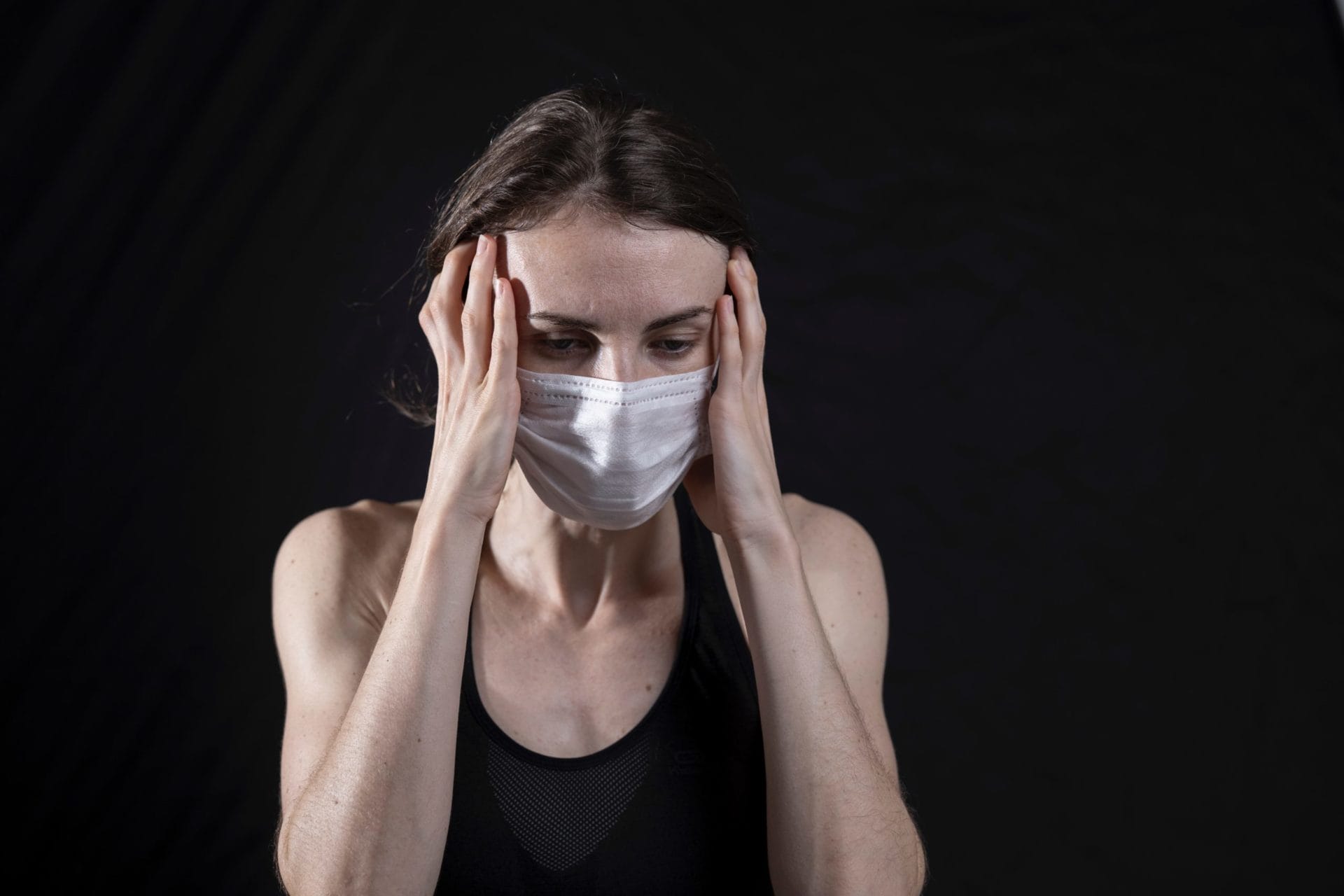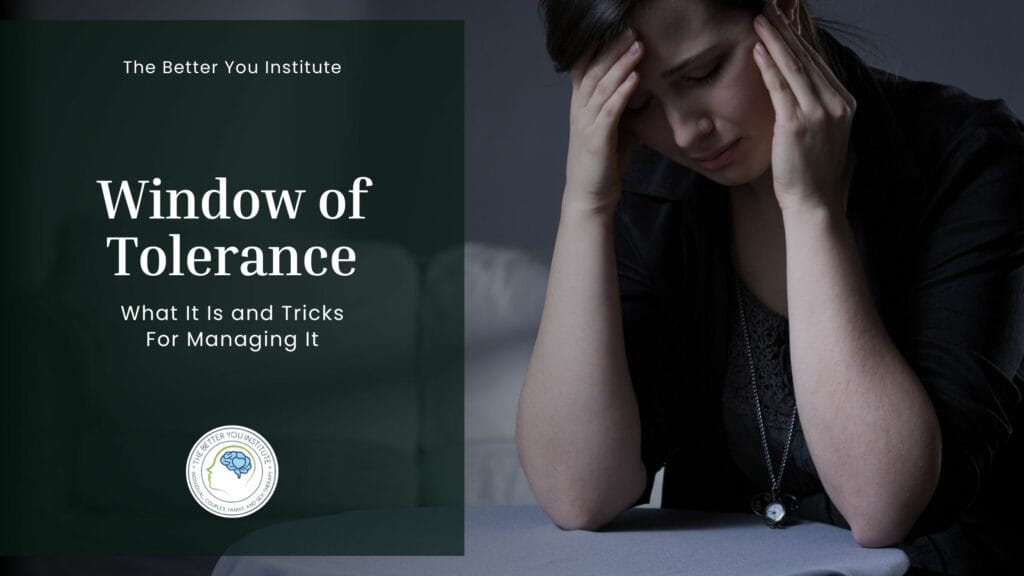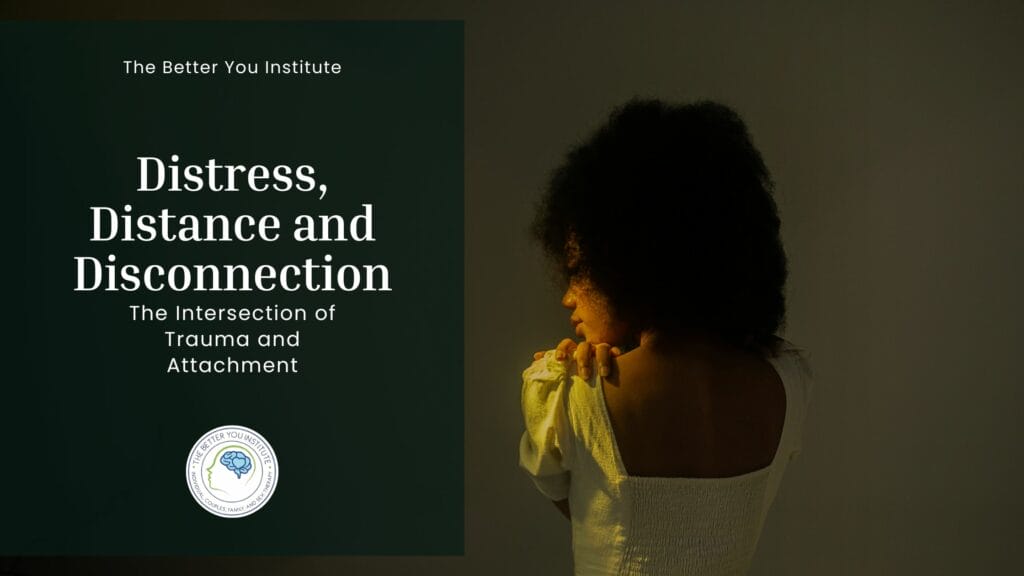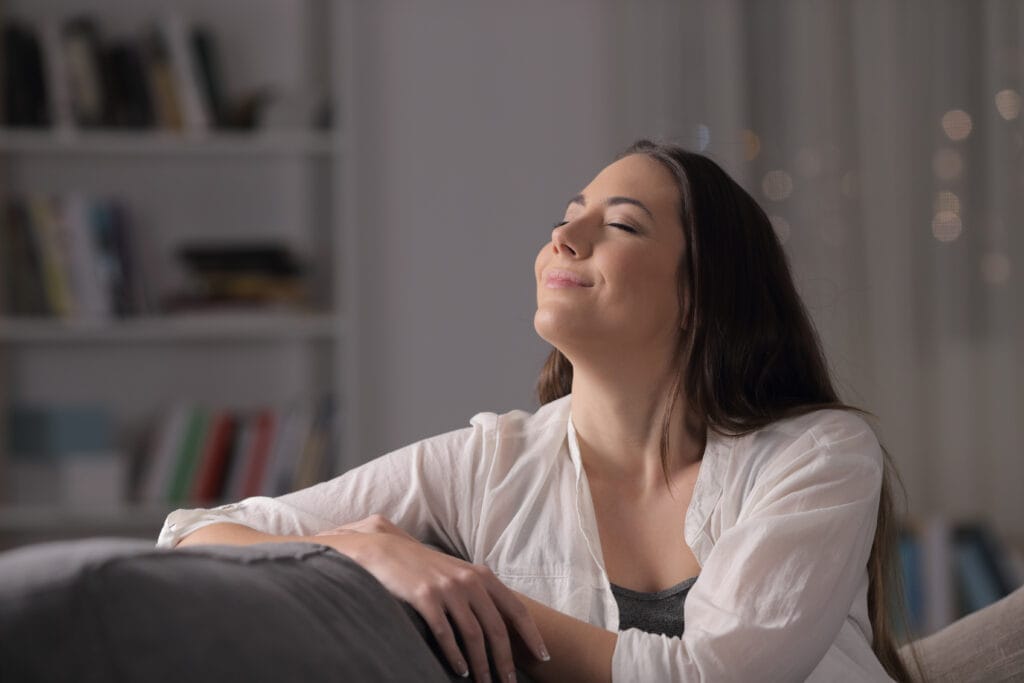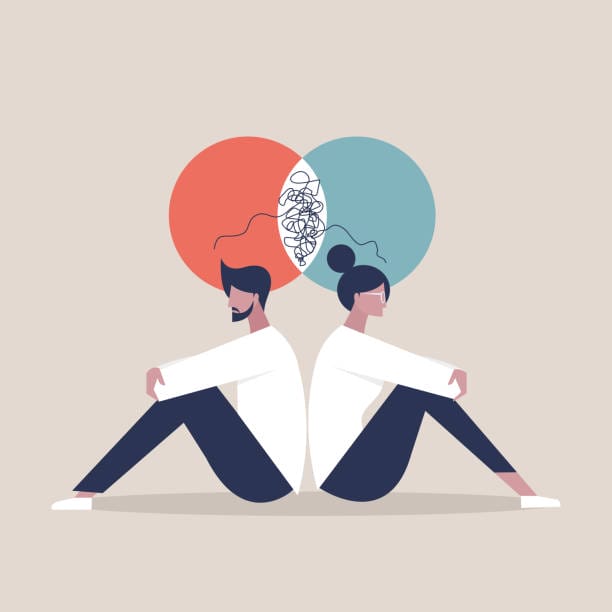Due to the covid pandemic, you may have been dealing with covid anxiety and experienced stressors or traumatic events such as the loss of loved ones, the loss of your job, competition for limited amounts of jobs, mental health issues, and so much more. These types of experiences can be harmful to your mental health, especially without the proper resources and support system. On top of that, social media is filled with a mix of inaccurate and accurate information along with so many opinions, many carried by your loved ones and you may not agree with them. You want to do the best you can to protect yourself and others, but it is difficult when there is differing information during unprecedented times. You also want to feel satisfied and content with the life you are living. The future is unknown and causes you to worry. Even if you have not experienced much anxiety before, you may be experiencing more anxiety disorders now. It may even feel like it is interfering with your life. Coronavirus anxiety can occur for many reasons and it is not something you had to deal with before.
Table of Contents
Some Covid-Related Anxiety is Good
Covid anxiety might have helped you quickly and efficiently search for jobs. This anxiety may have helped you to prepare more for job interviews because the job market is even more competitive. Anxiety may have helped you to balance between feeling safe and feeling content with your life. For some, anxiety might have helped you to wear a mask and/or to wash your hands frequently.
However, dealing with additional anxiety or new covid anxiety about the future state of the world feels uncomfortable and can be a sign of your mental health declining or mental health illness. Nothing feels in your control and you can’t predict the future. You may be someone who suddenly feels uncomfortable in larger crowds of people or you may be someone who fears your favorite bars/restaurants will shut down again. These are new worries that you have probably not had to deal with before.
Some Covid Anxiety Will be Unexpected
While hanging out with friends and going to concerts may have been activities you looked forward to, these same exciting activities may be starting to feel uncomfortable. They may even cause you some covid anxiety by making your heart race and shortening your breath. These symptoms might be new to you and you may have no idea how to ease your covid anxiety in these situations.
You may have been completing school online, working from home, and/or spending less time away from home. You were excited to socialize again and do all of the things that you used to never give a second thought. Now, these activities seem difficult due to your covid anxiety and they may feel more effortful than before.
Transitioning from staying at home most of the time to socializing again is expected to feel different and a little uncomfortable. However, you will not always have to feel that discomfort. The more time you spend around friends or family, the more you will start to feel comfortable again. If spending time with larger groups of people is more uncomfortable, spend more time with a few people. Allow yourself to set boundaries with friends or a family member and let them know how you are feeling. They should understand because they have had to live through similar experiences as you and are the ones closest to you. Covid anxiety will not have to persist forever.
Dealing with Covid Anxiety: Anxiety about the Future
Covid anxiety might lead you to be worried that things will never go back to normal. Sure, restaurants are opening back up, you’re allowed to be in large crowds again, but things feel different. Everyone has a new take on their life and things don’t feel the same when you’re with your loved ones. Or, maybe you lost your job and you’re worried that you won’t find another one that was as good, that had as good of coworkers and benefits. You might be worried you’ll miss out on things because you can’t afford it because you lost your job. Your friends are moving on without you.
All of these worries can be difficult to deal with, especially since they are new concerns. While worrying about the future can help you to plan how you will deal with your future endeavors, it is important to focus most of your time and energy on the present. The present is the time that you can control. Also, you may find it helpful to speak with one of your close friends or family members about all of your concerns. They can help you navigate your decisions for the future and they can help you decide which concerns are helpful.
Some Changes You Don’t Want to Give Up during Covid
Your quarantine consisted of making banana bread, watching endless TikToks, wearing sweatpants all of the time, and binge-watching all of the latest shows. These were all fun but fleeting. However, you learned to embrace the slow pace of life and enjoy your own company. It was nice working from home and getting your laundry done while in a meeting. You enjoyed not having to rush around every weekend going to multiple different events all to be exhausted by Sunday night and to get back into the rat race Monday morning. Things feel different and you feel more stable. You’re concerned you won’t be able to adjust back to this life now that you feel so much better in your current life and that schedule.
Though this may be true, you are resilient! You’ll get used to managing your time again so that you won’t be late to work or appointments. Getting dressed in less comfortable clothes will not always be hard. Maybe you will decide to not wear as much makeup anymore or wear unnecessarily uncomfortable clothes again. Or you might decide that wearing your glasses rather than putting in contacts is preferable. That is totally fine! Getting back into your regular routine might take a little more effort now and you might have to give it more thought than before. Don’t give up! Your new covid anxiety does not have to stop you from resuming your life before the pandemic.
Dealing with Covid Anxiety: You Had Time to Get to Know Yourself
In all the extra time you had not gone place to place and event to event, you finally had time to learn about yourself. You learned what you like when there is time to kill, how you take up space that needs to be filled, what you do when your calendar isn’t filled to the brim with other people’s choice activities, etc. You realized you like alone time. That can be a positive mental health impact.
You have a new vision of who you are and you want to keep it that way but you’re worried you’ll fall into old habits: going to concerts you don’t want to be going to, staying out late when you know you’re an early to bed early to rise person, or keeping up with trends you don’t even like. Understanding these aspects of yourself will allow you to feel happier with your life. Update those around you on your new interests or change of interests. You might learn that they also discovered new interests of their own or changed some areas of their life!
How to Move Forward and Deal with Covid Anxiety…
- Go at your own pace, practice self care
- Do what feels right to you.
- If you are specifically anxious about seeing people in public places, take steps that feel comfortable to you. Evaluate how you feel and which thoughts are helpful or hurtful when you are out and about.
- Make informed decisions in order to keep yourself and others safe and with a balanced mental health conditions
- Recognize that times are still uncertain, but it will not always be uncertain.
- Keep in mind that not everyone has accurate knowledge, but they are well-intentioned
- Social media sites and loved ones are all trying to help those around them by spreading information about covid. It is ok to question where their information comes from and whether it is true. Everyone is trying their best with the situation at hand.
- Trust your friends/family to be honest with their socialization choices and if they’ve come in contact with someone recently who has covid.
- Or maybe have your friends get tested prior to a hang out so that you don’t have to wear masks (e.g., on a bachelorette party or golf trip everyone gets tested first)
- This might be difficult because you love your friends and don’t want them to feel uncomfortable. However, you also have to think about your own comfort level.
- Expanding your pod and creating rules for what will help you to feel safe/comfortable
- Creating rules for the people you socialize with can ease your covid anxiety.
- Learn and exercise the power of ‘no’ … set boundaries and expectations. Practicing self care matters!
- Practice social distancing when you feel you’re getting anxious
- Be okay with cutting ties with those who hold different beliefs from you… while also being okay with maintaining friendships with those who hold different beliefs as you
- Eat healthy and do physical activity. Healthy meals, a good nutrition, and physical activity will help you maintaining a good physical health and strong immune system
- Ask yourself why your values and beliefs are what they are and why someone else might believe and value differently than you.
- Can you work to see things from their perspective and still come to common ground to be able to continue in the relationship with them?
- Practice mindfulness meditation
- By taking a few minutes each day to focus on the present moment instead of the uncertain future, you will be able to feel better. Acknowledging your thoughts and feelings without judgment is very helpful. A clinician at TBYI will be able to guide you through this process and help you live a happier life!
- A way to practice mindfulness is by taking a yoga class because many times yoga incorporates mindfulness without you even being aware of it. There are many online yoga classes or virtual yoga groups that you can join.
- By taking a few minutes each day to focus on the present moment instead of the uncertain future, you will be able to feel better. Acknowledging your thoughts and feelings without judgment is very helpful. A clinician at TBYI will be able to guide you through this process and help you live a happier life!
- Practice CBT
- CBT allows you to identify catastrophic thoughts and challenge them. Certain thoughts can be identified as helpful to the situation. Challenging and changing catastrophic thoughts will change your emotions and behaviors. Rather than constantly avoiding interaction, you might feel able to run errands again and meet up with a friend for lunch. Or rather than constantly worrying about the future, you may be able to stay grounded in the present.
This pandemic has been difficult on everyone and is still ongoing, but life is not always going to be this way. Progress will continue in due time, but for now, you can stay informed in order to stay healthy and safe. Getting back out there by hanging out with friends or getting involved in other social activities might feel uncomfortable, but you will slowly begin to enjoy yourself more and more. Allow yourself to resume daily activities while remaining safe and comfortable.
The Better You Institute is here to help! Call today and make an appointment at 267-495-4951. Whether you are looking for therapy in person or online, we are happy to schedule you an appointment with one of our clinicians. Telehealth online therapy appointments allow you to experience therapy online from the safety of your home and are just as helpful!
We offer individual therapy and group therapy.

